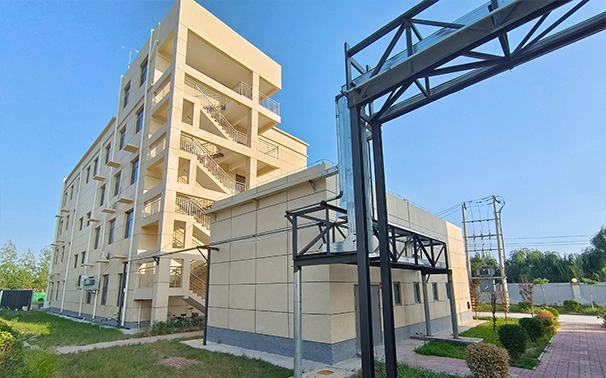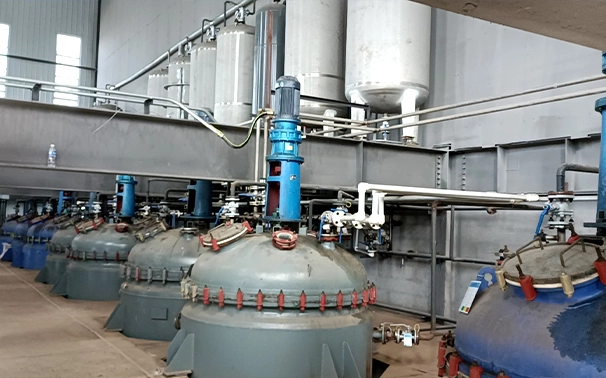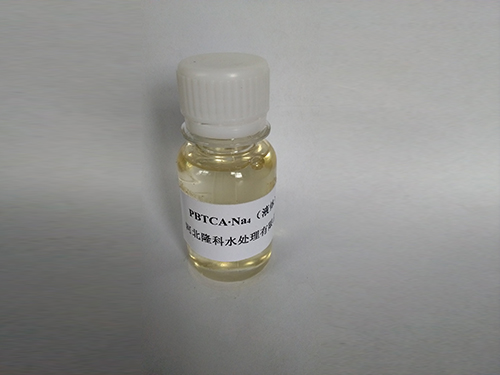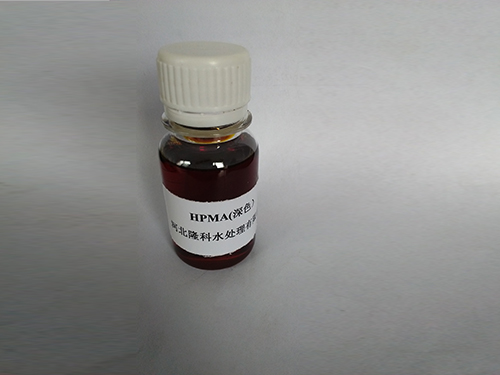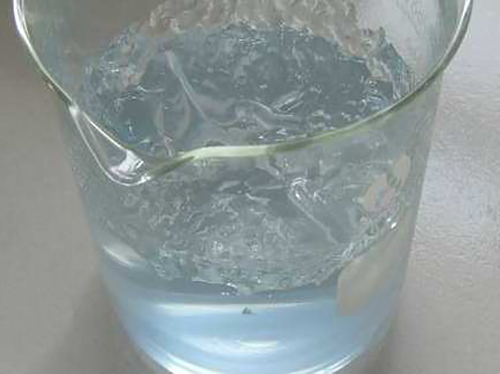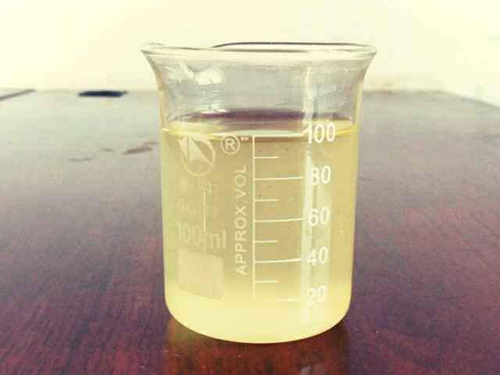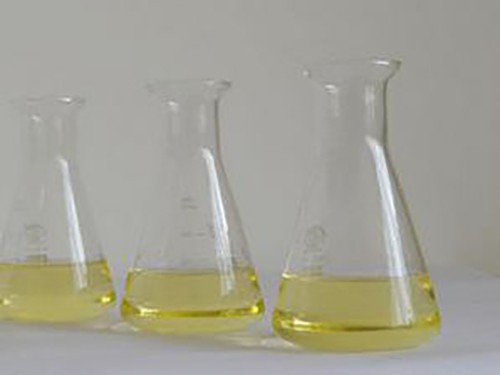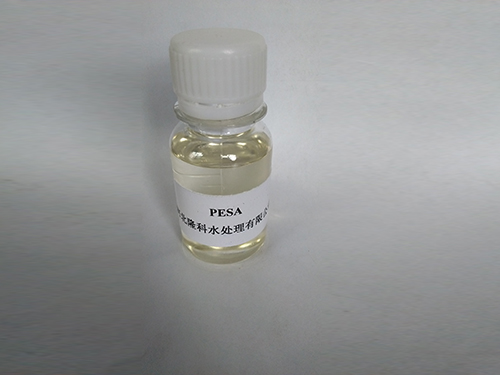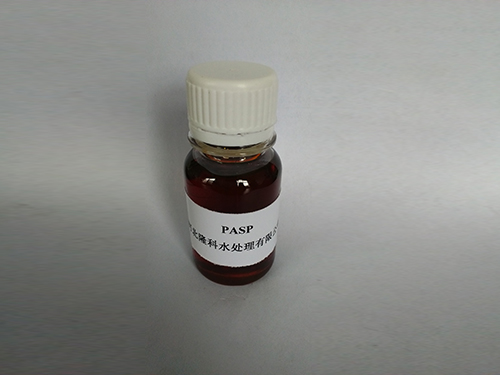Biodegradable Antiscalant and Dispersant, Products
-
CAS No.: 3794-83-0
-
CAS Num. 40372-66-5
-
CAS Num. 26099-09-2
-
CAS Num. 40623-75-4
-
Ang LK-1100 kay usa ka partially neutralized nga asin sa low molecular weight polyacrylic acid (PAA) homopolymer. Ang LK-1100 makabulag sa mga microcrystals o sediment sa calcium carbonate, calcium sulfate ug uban pang mga asin ngadto sa tubig nga walay paghusay.
-
Ang carboxylic acid-sulfonate copolymer LK-2000 kay usa ka acrylic acid-sulfonate copolymer. Kini usa ka high-efficiency scale inhibitor ug dispersant. Kini epektibo nga makatangtang sa calcium phosphate scale, calcium carbonate scale ug uban pang mga scale-forming salts sa tubig. Ang dili organikong mga mineral adunay maayo nga epekto sa pagsabwag.
-
Ang LK-3100 usa ka maayo kaayo nga scale inhibitor ug dispersant sa tanan nga pagpabugnaw mga pagtambal sa tubig . Ang LK-3100 adunay maayo nga pagpugong nga epekto sa uga nga oksihenasyon ug hydrated iron oxide. Ang LK-3100 usa usab ka maayo nga dispersant nga gigamit sa tanan nga organikong sistema sa pagpabugnaw sa tubig.
-
Mga kabtangan:
-
CAS No.: 51274-37-4;109578-44-1
-
CAS No. 181828-06-8,35608-40-6
-
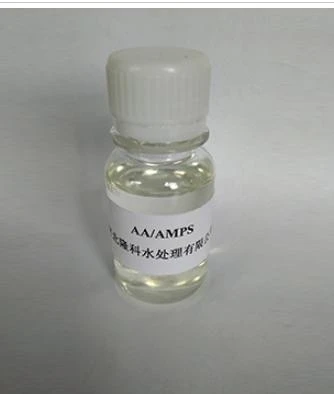 Understanding Polycarboxylic Acids: Properties, Applications, and Future PotentialPolycarboxylic acids are a versatile group of polymers widely used in water treatment, cleaning products, concrete admixtures, textiles, and even sustainable materials.basaha pa
Understanding Polycarboxylic Acids: Properties, Applications, and Future PotentialPolycarboxylic acids are a versatile group of polymers widely used in water treatment, cleaning products, concrete admixtures, textiles, and even sustainable materials.basaha pa -
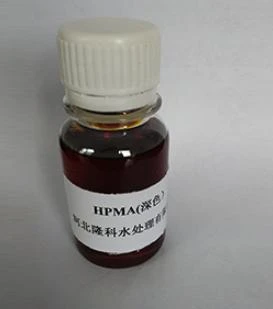 Scale Inhibitor Explained: How to Protect Your System from Limescale and Hard Water DamageIn water systems—from industrial boilers and cooling towers to household appliances—scale is a persistent enemy.basaha pa
Scale Inhibitor Explained: How to Protect Your System from Limescale and Hard Water DamageIn water systems—from industrial boilers and cooling towers to household appliances—scale is a persistent enemy.basaha pa -
 Scale and Corrosion Inhibitors: Essential Chemicals for Industrial Water System ProtectionIn industrial water systems—cooling towers, boilers, heat exchangers, pipelines, and RO systems—two silent threats can cause serious damage over time: scale formation and corrosion.basaha pa
Scale and Corrosion Inhibitors: Essential Chemicals for Industrial Water System ProtectionIn industrial water systems—cooling towers, boilers, heat exchangers, pipelines, and RO systems—two silent threats can cause serious damage over time: scale formation and corrosion.basaha pa -
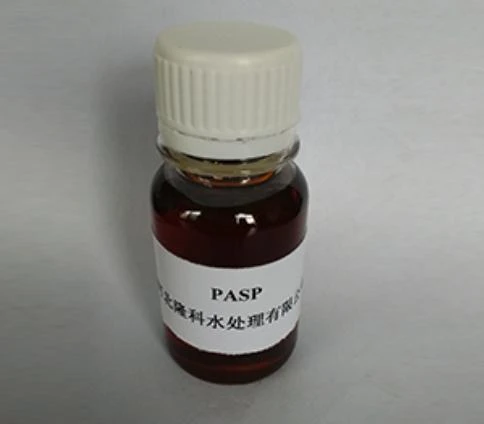 Polyaspartic Acid: A Biodegradable Polymer for Sustainable ChemistryAs industries move toward more sustainable materials, polyaspartic acid (PASP) is gaining traction across sectors—from water treatment and agriculture to coatings and biomedical applications.basaha pa
Polyaspartic Acid: A Biodegradable Polymer for Sustainable ChemistryAs industries move toward more sustainable materials, polyaspartic acid (PASP) is gaining traction across sectors—from water treatment and agriculture to coatings and biomedical applications.basaha pa







